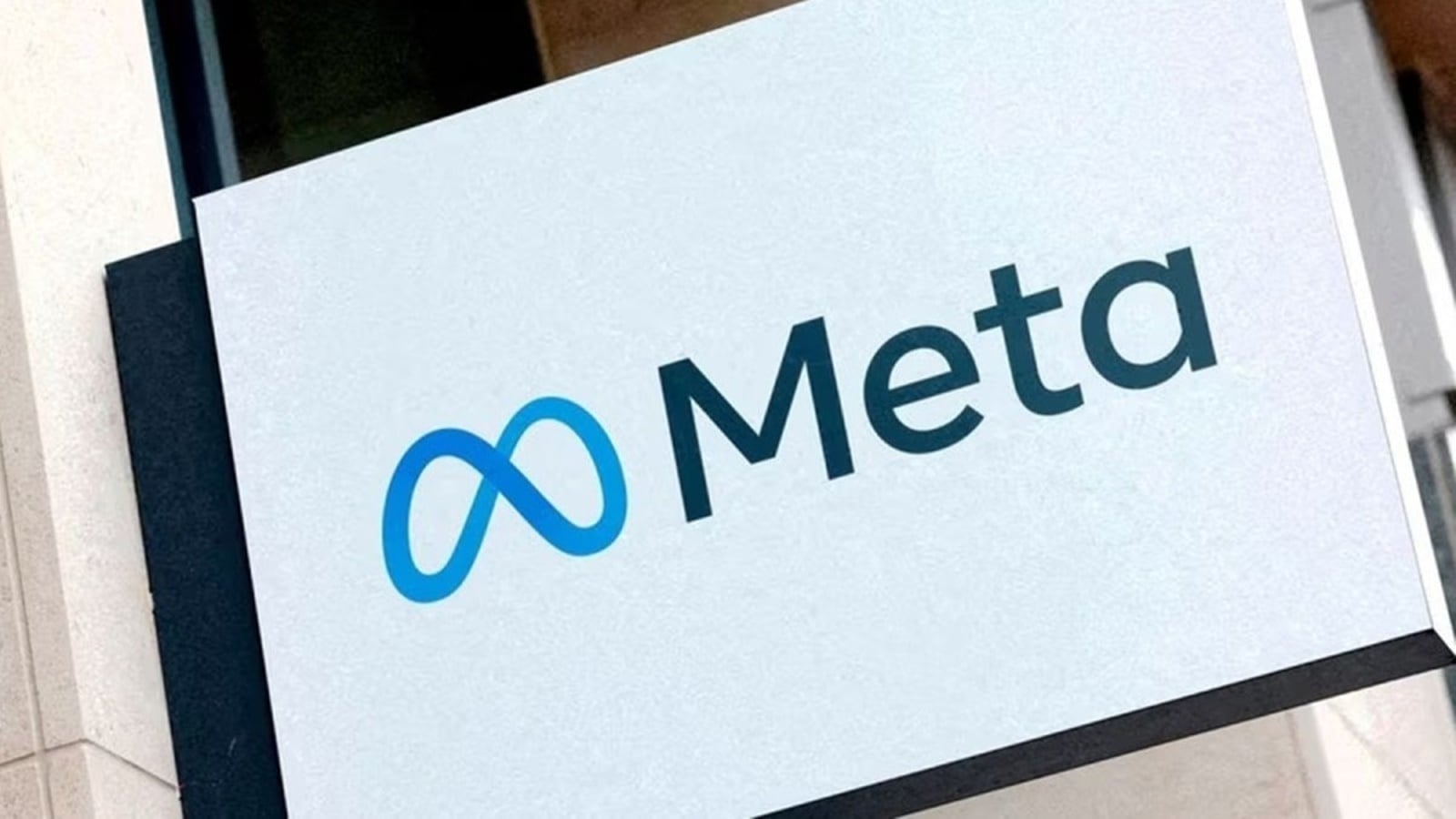WhatsApp And Instagram: The FTC's Antitrust Lawsuit Against Meta Platforms

Table of Contents
The Acquisitions of WhatsApp and Instagram: A Timeline of Events
Understanding the FTC's case requires tracing the history of Meta's acquisitions. The strategic purchases of WhatsApp and Instagram weren't isolated events; they were pivotal moves in Meta's (then Facebook's) quest for dominance.
-
WhatsApp Acquisition (February 2014): Facebook acquired WhatsApp for approximately $19 billion, a staggering sum at the time. WhatsApp boasted a massive user base, already a significant competitor in the mobile messaging space. Its market position was rapidly expanding, posing a potential threat to Facebook's dominance.
-
Instagram Acquisition (April 2012): Facebook's acquisition of Instagram for around $1 billion came earlier, preemptively neutralizing a burgeoning photo and video-sharing platform that threatened its core social networking platform. Instagram had already amassed a substantial user base and was rapidly gaining popularity.
-
Strategic Rationale: These acquisitions weren't simply about adding features; they were about eliminating potential competitors. By acquiring these platforms, Facebook (now Meta) arguably prevented them from growing into significant rivals, effectively stifling competition in the nascent mobile social media and messaging markets. The strategic rationale was to consolidate power and prevent the emergence of alternative platforms capable of challenging its leading position.
The FTC's Allegations of Anti-competitive Conduct
The FTC's lawsuit alleges that Meta engaged in anti-competitive conduct by acquiring WhatsApp and Instagram. The core argument centers on the idea that these acquisitions prevented the emergence of competing platforms and stifled innovation.
-
Preventing the Emergence of Competitors: The FTC argues that by acquiring WhatsApp and Instagram, Meta eliminated potential threats to its dominance in messaging and photo/video sharing. This prevented alternative platforms from gaining a foothold and challenging Facebook's market share.
-
Stifling Innovation: The lawsuit further alleges that the acquisitions hindered innovation by removing the competitive pressure that would have otherwise driven improvements in features, services, and user experience across the social media landscape.
-
Monopolization of the Market: The FTC contends that these acquisitions allowed Meta to maintain an uncompetitive level of control over the digital market, limiting user choice and potentially harming innovation. This alleged anti-competitive behavior is at the heart of the lawsuit.
Meta's Defense and Counterarguments
Meta vigorously defends its acquisitions, arguing that they benefited users and fostered innovation.
-
User Benefits: Meta highlights the integration of WhatsApp and Instagram features into its broader ecosystem, providing users with a more seamless and integrated experience. They claim these acquisitions enhanced user experience and provided access to new services.
-
Increased Innovation: Meta counters that the acquisitions actually spurred innovation, allowing for cross-platform integration and the development of new features that would not have been possible otherwise.
-
Market Dynamics: Meta also argues that the market is dynamic and competitive, pointing to the presence of various other social media and messaging platforms that still compete with its services.
Potential Outcomes and Implications of the Lawsuit
The outcome of the FTC lawsuit against Meta could have far-reaching consequences.
-
Divestiture: The FTC could demand that Meta divest itself of either WhatsApp or Instagram, effectively breaking up the company's control over these crucial platforms.
-
Fines: Significant financial penalties could be levied against Meta as a form of punishment for alleged anti-competitive behavior.
-
Precedent: The outcome of this case will set a crucial precedent for future acquisitions in the tech sector, potentially influencing how regulators assess mergers and acquisitions within the digital market. This could significantly impact the competitive landscape of the future.
-
Impact on Social Media: Regardless of the outcome, the lawsuit underscores the growing scrutiny faced by large tech companies, impacting the social media landscape and potentially reshaping its future.
Conclusion: Understanding the Future of Competition in the Social Media Landscape
The FTC's antitrust lawsuit against Meta regarding the WhatsApp and Instagram acquisitions is a landmark case with significant implications for the future of competition in the social media landscape. The lawsuit’s central focus on anti-competitive practices and potential monopolization highlights the increasing regulatory scrutiny of dominant tech companies. The potential outcomes—divestiture, fines, or the establishment of a significant legal precedent—will undoubtedly impact not only Meta but also the broader tech industry and the competitive dynamics within the digital marketplace. Staying informed about the developments in this WhatsApp and Instagram antitrust lawsuit against Meta is crucial for understanding the evolving landscape of online social interaction and competition. The future of social media hinges, in part, on the resolution of this case.

Featured Posts
-
 Doom The Dark Ages Explained
May 13, 2025
Doom The Dark Ages Explained
May 13, 2025 -
 Amsterdam Leads In Soaring Dutch Bicycle Thefts A New Record
May 13, 2025
Amsterdam Leads In Soaring Dutch Bicycle Thefts A New Record
May 13, 2025 -
 Angel Has Fallen Comparing It To The First Two Films In The Series
May 13, 2025
Angel Has Fallen Comparing It To The First Two Films In The Series
May 13, 2025 -
 Prediksi Pertandingan Atalanta Vs Venezia Liga Italia Analisis Statistik Dan Head To Head
May 13, 2025
Prediksi Pertandingan Atalanta Vs Venezia Liga Italia Analisis Statistik Dan Head To Head
May 13, 2025 -
 Di Caprios Met Gala 2024 Debut No Red Carpet All Vittoria Ceretti
May 13, 2025
Di Caprios Met Gala 2024 Debut No Red Carpet All Vittoria Ceretti
May 13, 2025
